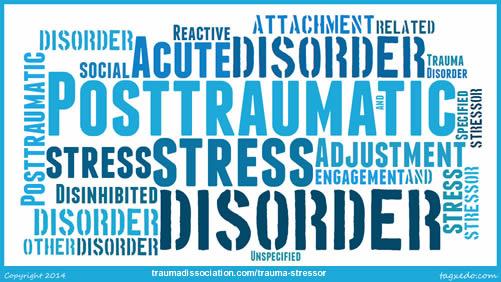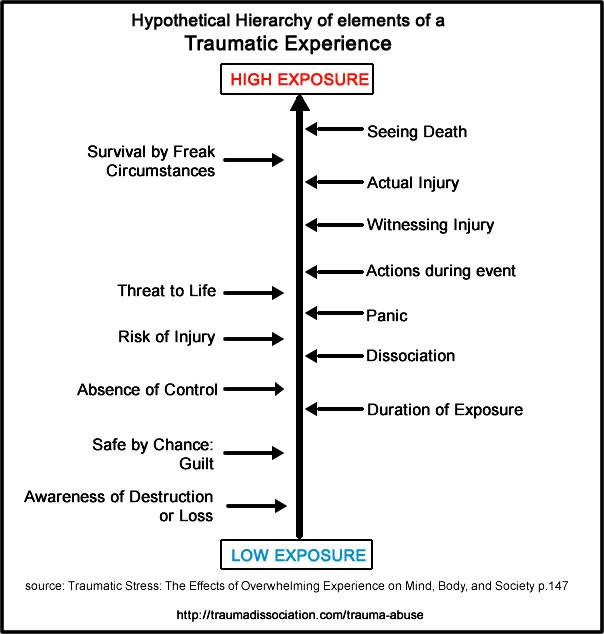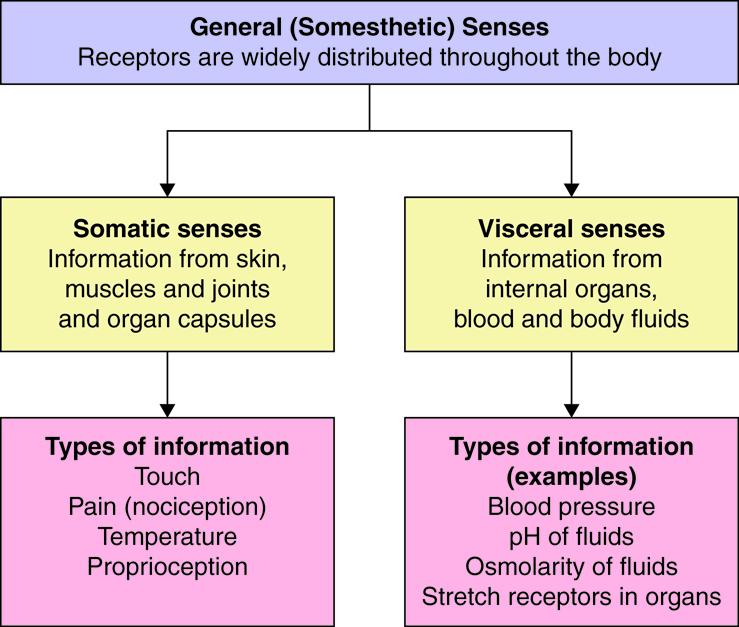ESCAPING THE NARCISSIST
Are you trapped in a toxic relationship? It's time to reclaim your life and find healing. ESCAPING THE NARCISSIST: HOW TO HEAL AND RECOVER FROM NARCISSISTIC ABUSE IN RELATIONSHIPS is your guide to breaking free and starting your journey towards recovery.
Don't let the pain control you any longer. Take the first step today and discover the strategies to overcome emotional abuse and rebuild your life. You deserve happiness and peace.
Start Your Healing Journey TodayUnveiling the intricate dance of emotions, we delve into a topic that often tiptoes around in the shadows – trauma bond withdrawal symptoms. In the unexplored depths of human connections, a bond can metamorphose into a tumultuous concoction of conflicting emotions, leaving even the most resilient souls vulnerable to its spellbinding grip. Prepare to embark on a journey through the labyrinthine landscapes of the mind, where the echoes of trauma bonds reverberate, leading to a plethora of withdrawal symptoms that silently wriggle beneath the surface. Brace yourself as we navigate the labyrinth of recovery, illuminating the nuances of this enigmatic realm with an impartial gaze, seeking to understand the unfathomable, and granting empathy to those who have danced upon its treacherous path.
Recognizing Trauma Bond Withdrawal Symptoms: Unveiling the Complex Emotional Struggles
Breaking free from a trauma bond is a courageous and transformative journey. However, the path to healing is often accompanied by various withdrawal symptoms that can feel like an emotional rollercoaster. Understanding and recognizing these complex struggles is crucial to navigating the recovery process with compassion and self-care.
Here are some common trauma bond withdrawal symptoms that may arise as you embark on your healing journey:
- Intense Emotional Swings: Healing from a trauma bond can trigger intense emotional swings. You may feel moments of overwhelming sadness, anger, or even euphoria as you begin to untangle yourself from the toxic dynamics of the relationship.
- Social Isolation: During the withdrawal phase, it is not uncommon to experience a desire for social withdrawal. You may find it challenging to trust others or fear being vulnerable after the trauma bond. Remember, giving yourself time and space to heal is essential.
- Reliving Memories: Memories associated with the trauma bond may resurface unexpectedly. These flashbacks can be distressing and make it difficult to move forward. It is crucial to remind yourself that these memories are a part of your healing process, allowing you to acknowledge and release them.
- Self-Doubt and Guilt: Exiting a trauma bond often triggers self-doubt and feelings of guilt. You may question your decisions or blame yourself for the unhealthy relationship dynamics. It is vital to practice self-compassion and remind yourself that you deserve to break free from toxic patterns.
Remember, everyone’s healing process is unique, and these symptoms may vary in intensity and duration. Reach out to trusted friends, family, or professionals who can provide support and guidance throughout your recovery. It takes strength to acknowledge and address trauma bond withdrawal symptoms, and you are not alone in this transformative journey towards reclaiming your emotional well-being.

Unraveling the Psychological Effects: Insights into the Impact of Trauma Bonding
Many individuals who have experienced trauma find themselves trapped in a complex web of emotions known as trauma bonding. This psychological phenomenon occurs when a strong emotional connection forms between an abuser and their victim. As the victim has been repeatedly exposed to abusive and traumatic experiences, they develop a deep attachment to their abuser, often feeling unable to leave the toxic relationship.
When the decision is made to break free from the trauma bond, individuals often experience a range of withdrawal symptoms. These symptoms can be both physical and psychological, and understanding them is crucial for anyone navigating the difficult path to healing. Some common trauma bond withdrawal symptoms include:
- Anxiety: Feelings of restlessness, tension, and unease frequently accompany the process of leaving a trauma bond.
- Depression: Overwhelming sadness, feelings of hopelessness, and a loss of interest in previously enjoyable activities may manifest during withdrawal.
- Grief: A deep sense of mourning for the loss of the relationship, even if it was abusive, is common as the individual grapples with letting go of what they once believed was love.
- Obsession: Thoughts of the abuser often consume the individual after they have severed ties, as they struggle to break free from the mental and emotional hold.
It is important to recognize that these withdrawal symptoms are a natural part of the healing process and may vary from person to person. Seeking support from therapists, support groups, and loved ones can significantly aid in addressing and managing these symptoms. Remember, with time, patience, and self-care, it is possible to overcome the psychological effects of trauma bonding and move towards a healthier, self-loving future.

Navigating Trauma Bond Withdrawal: Recommendations for Healing and Recovery
Withdrawal from a trauma bond can be an incredibly challenging and emotional experience. As you begin your journey towards healing and recovery, it’s important to acknowledge and address the various symptoms that may arise during this process. Here are some recommendations to help you navigate trauma bond withdrawal:
1. Self-Care is Key
Make self-care a top priority. Engage in activities that promote physical, emotional, and mental well-being. This may include practices such as meditation, exercise, and journaling. By taking care of yourself, you are giving your body and mind the attention and care they deserve during this difficult time.
2. Seek Support
Reach out to trusted friends, family members, or a support group that understands the nuances of trauma bond withdrawals. Talking about your feelings and experiences with others who can empathize can provide a tremendous sense of relief. Additionally, consider seeking professional help from a therapist or counselor who specializes in trauma and addiction recovery. They can offer guidance and strategies specific to your situation.
3. Set Boundaries
Establish clear boundaries with the person or situation that triggered the trauma bond. It may be necessary to limit or cut off contact completely, at least temporarily, to allow yourself space to heal. Remember that setting boundaries is an act of self-care and self-protection.
4. Practice Mindfulness
Being present in the moment and practicing mindfulness can help ground you during difficult emotions and cravings. Try incorporating mindfulness exercises, such as deep breathing or guided meditation, into your daily routine. This can help reduce anxiety, increase self-awareness, and provide a sense of calm.
| Recommendation | Benefits |
|---|---|
| Engage in physical exercise | Boosts endorphins and improves mood |
| Connect with supportive friends or family | Provides emotional validation and understanding |
| Write in a journal | Offers a safe outlet for processing emotions |
Key Takeaways
As we reach the end of this tumultuous journey exploring trauma bond withdrawal symptoms, we hope to have shed light on the intricacies of this captivating yet utterly devastating phenomenon. Just as we entered the depths of the trauma bond, we now emerge with a newfound understanding of its grip on our minds, bodies, and souls.
It is within this delicate dance of vulnerability that we begin to heal. The withdrawal symptoms, though harrowing, are the first whispers of liberation from the clutches of a toxic connection. Like an ancient spell slowly unraveling, these symptoms reveal themselves in a myriad of ways, unraveling the layers of our psyche as we embark on the path to recovery.
As we shake off the shackles that once held us hostage, each symptom speaks volumes about our journey towards reclaiming our autonomy. The debilitating anxiety we experience becomes a testament to the relinquishing of control that once bound us to another. The unrelenting waves of sadness and despair signal that we are no longer content with a love that left us gasping for breath, drowning in pain and uncertainty.
While the process is not without its challenges, the emergence of these withdrawal symptoms is an invitation to embark on a transformative expedition towards self-discovery. For in the depths of our darkest moments, we uncover a strength that surpasses anything we had previously known. It is a strength that teaches us that our worth exceeds the boundaries set by a damaging connection, and that our capacity to love extends far beyond the confines of a painful past.
So, dear reader, as we part ways, we urge you to hold onto hope. To recognize that the symptoms you may be experiencing are not a sign of weakness, but rather a testament to your resilience. There will come a time when your heart will sing its own melody, one that is no longer clouded by the echoes of trauma. With each step forward, you embrace a journey to rediscover the beauty that lies within you - unburdened by the weight of a toxic bond.
May you find solace in the knowledge that you are not alone. Together, let us navigate the labyrinth of trauma bond withdrawal, emerging as warriors who have triumphed over adversity. Through patience, self-compassion, and unwavering determination, you will prevail. Our paths may diverge here, but the light we have ignited within each other will continue to illuminate the way, empowering others to trade trauma for resilience and love.


